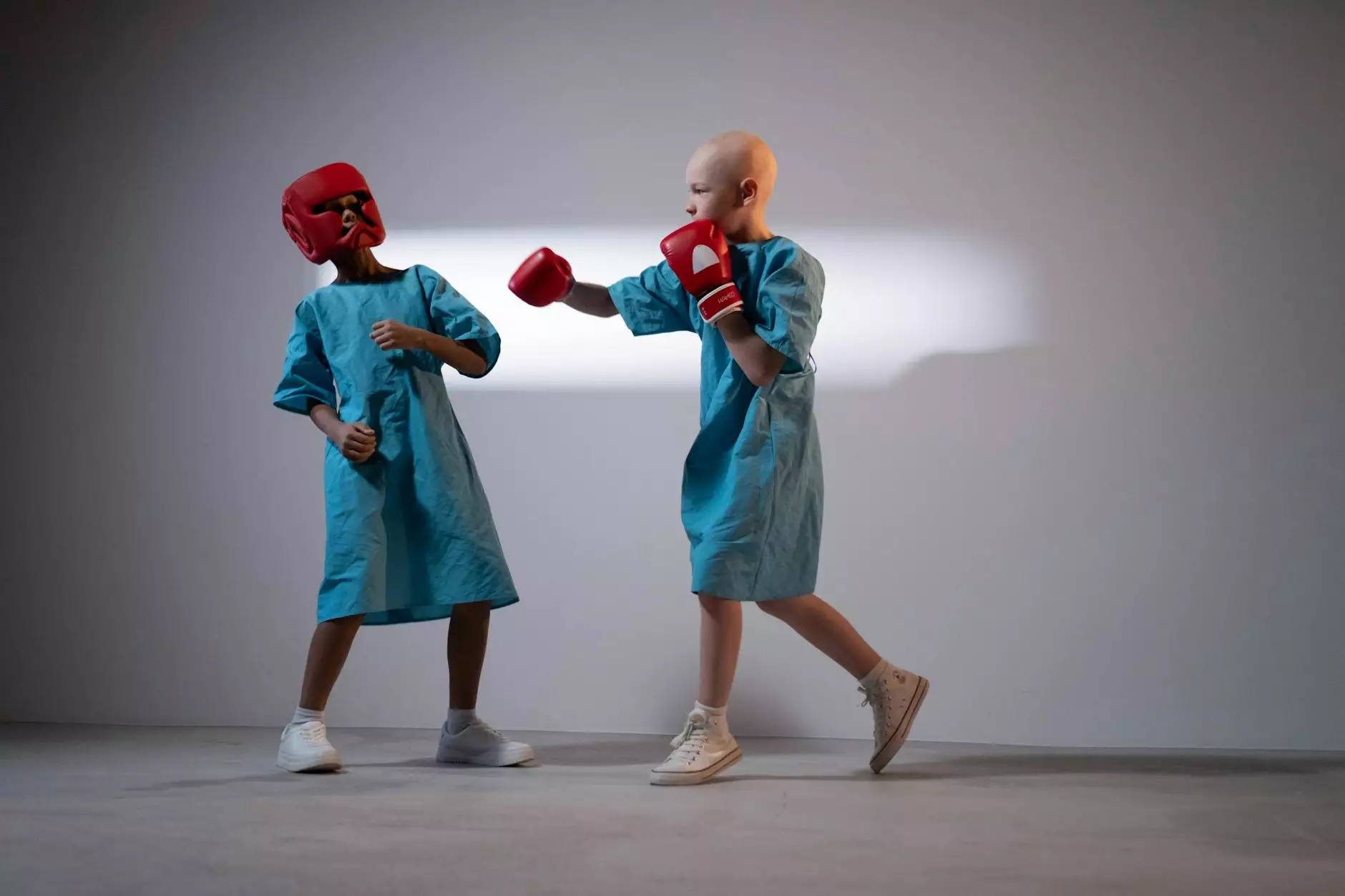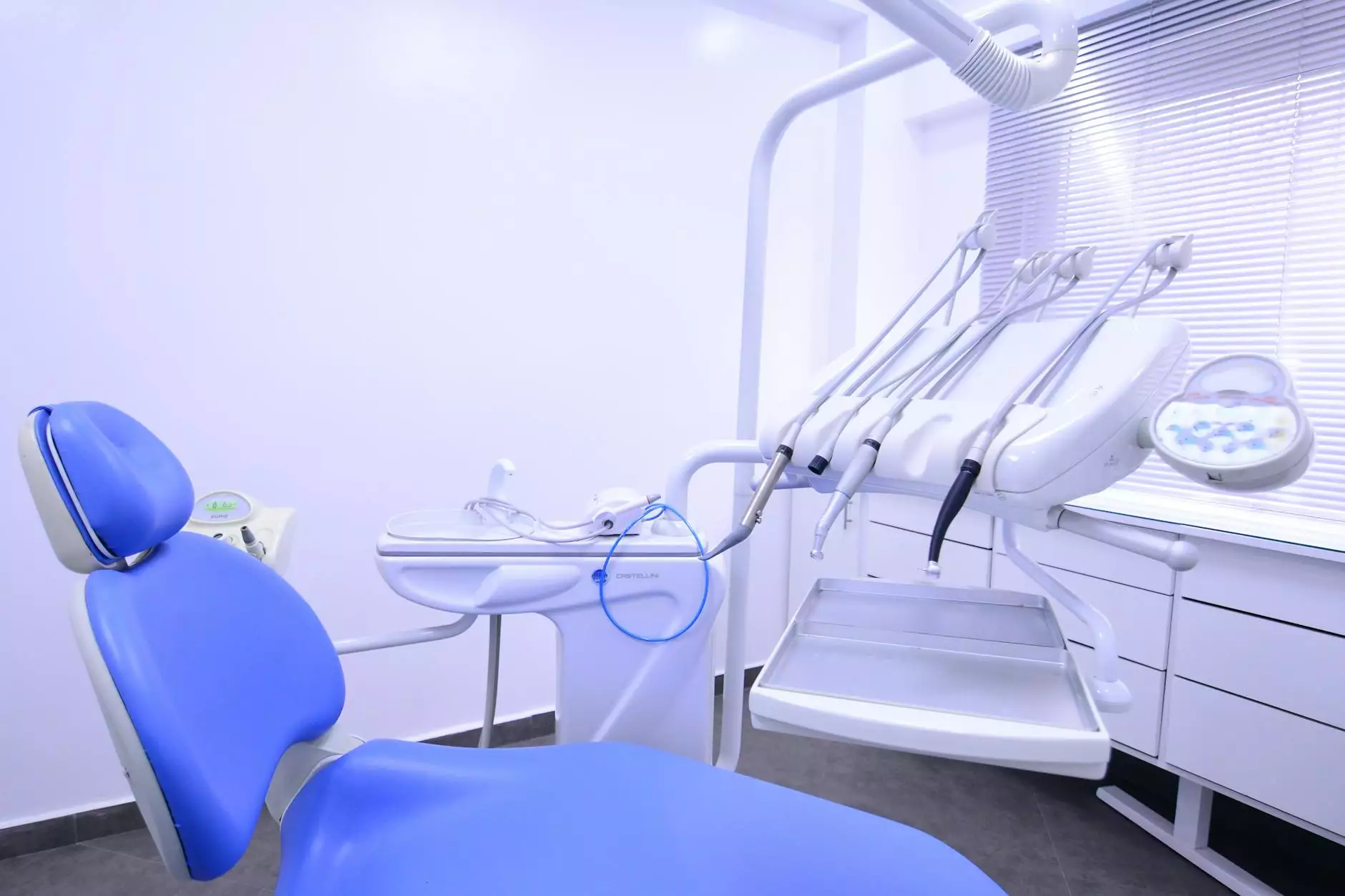The Essential Role of a Cancer Doctor in Modern Healthcare

Cancer remains one of the most formidable health challenges of our time, affecting millions across the globe. The fight against cancer requires a comprehensive approach that includes prevention, early detection, treatment, and aftercare. At the forefront of this battle are cancer doctors, also known as oncologists, who play a vital role in diagnosing and treating various types of cancer. In this article, we will delve into the multifaceted responsibilities of a cancer doctor, explore the latest advancements in cancer treatment, and emphasize the importance of holistic patient care.
Understanding the Role of a Cancer Doctor
A cancer doctor specializes in diagnosing and treating cancer patients. This specialization involves a deep understanding of the complexities of cancer biology and the various treatment modalities available. Here’s a closer look at what a cancer doctor does:
1. Accurate Diagnosis
The first step in treating cancer is an accurate diagnosis. Cancer doctors perform a variety of diagnostic procedures, which may include:
- Medical History Review: Understanding a patient's history and symptoms.
- Physical Examinations: Conducting thorough physical checks for signs of cancer.
- Imaging Tests: Utilizing X-rays, MRI, CT scans, and PET scans to visualize cancer's presence.
- Pathology Tests: Performing biopsies to examine tissue samples.
2. Treatment Planning
Once a diagnosis is confirmed, the cancer doctor collaborates with a team of healthcare professionals to create a tailored treatment plan. Treatment strategies may involve a combination of:
- Surgery: Removing cancerous tumors and adjacent tissues.
- Chemotherapy: Utilizing drugs to kill cancer cells or halt their growth.
- Radiation Therapy: Using high-energy rays to target and eliminate cancer cells.
- Immunotherapy: Stimulating the body’s immune system to fight cancer.
- Targeted Therapy: Using drugs that specifically target cancer cell mutations.
3. Continuous Care and Support
A cancer doctor does not merely treat the disease; they also provide continuous care and emotional support throughout the treatment process. This involves:
- Monitoring Patient Progress: Regular check-ups and tests to evaluate treatment effectiveness.
- Managing Side Effects: Addressing and alleviating treatment-related side effects.
- Mental Health Support: Referring patients to mental health professionals if needed.
Advancements in Cancer Treatment
The field of oncology is continually evolving, with ongoing research leading to revolutionary advancements in the treatment of cancer. Some notable developments include:
1. Personalized Medicine
Personalized medicine, or precision oncology, tailors treatment based on the individual genetic profile of a patient's tumor. Highlighted advances include:
- Genetic Testing: Identifying mutations that can help select effective treatment options.
- Customized Therapies: Developing drugs that specifically target unique cancer characteristics.
2. Immunotherapy Breakthroughs
Immunotherapy has transformed cancer treatment by empowering the immune system to identify and destroy cancer cells. Innovations in this area include:
- Checkpoint Inhibitors: Drugs that help the immune system recognize and attack cancer cells.
- CAR-T Cell Therapy: Modifying a patient’s T cells to improve their ability to fight cancer.
The Importance of Early Detection
Early detection of cancer significantly improves prognosis and survival rates. A cancer doctor plays a crucial role in screening and prevention strategies, which include:
1. Screening Programs
Regular screenings can identify cancers at an earlier stage. Cancer doctors recommend various screenings based on individual risk factors, including:
- Mammograms: For breast cancer.
- Pap smears: For cervical cancer.
- Colonoscopy: For colorectal cancer.
2. Education and Awareness
A crucial part of a cancer doctor's role is to educate patients about risk factors and symptoms of cancer. This education encompasses:
- Healthy Lifestyle Promotion: Encouraging a balanced diet, regular exercise, and tobacco cessation.
- Understanding Symptoms: Teaching patients the importance of recognizing early signs of cancer.
Conclusion
In conclusion, the role of a cancer doctor is indispensable in the multifaceted approach to cancer care. From accurate diagnosis and tailored treatment plans to emotional support and ongoing research into innovative treatment options, cancer doctors are committed to fighting this complex disease. Their efforts, combined with advancements in technology and a focus on early detection, significantly enhance patient outcomes and offer hope in the battle against cancer.
As we move forward, the integration of personalized medicine and novel therapies continues to open new doors in the field of oncology, empowering cancer doctors to provide the highest level of care for patients. At oncologicalsurgery.net, we understand the challenges faced by cancer patients and are dedicated to providing comprehensive resources and support for those affected by this illness.
Through collaboration, innovation, and holistic patient care, our vision is to reshape the future of cancer treatment and establish a world where cancer is not feared, but rather effectively managed and, hopefully, one day, eradicated.









